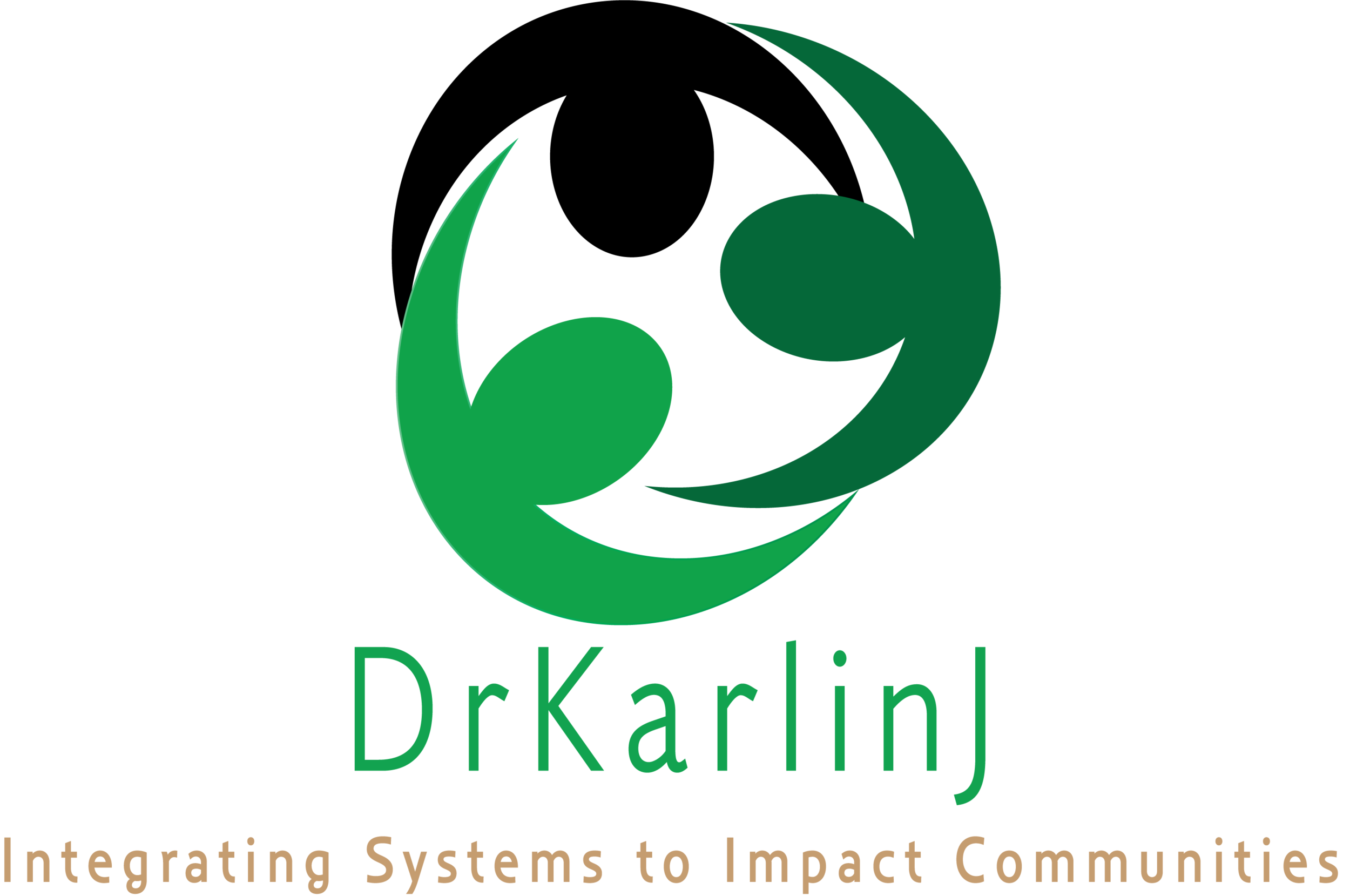Bias, a term that permeates the very fabric of human existence, in particular, American culture. An impetus for historically inhumane treatment toward other social groups, most notably when said bias becomes full blown prejudice, gathering its momentum through stereotype threat and confirmation bias. More recently, it [bias] has received more attention given number 45’s overt sharing of his internal beliefs and ideas without hesitation or perspective for its impact on others and its propensity to embolden low morality. In response to this, we (those of us who find ourselves wanting to address, directly, any presence of bias in any form) have become so hypersensitive to the presence of bias that we shame its very existence; forcing people to either project a version of themselves that is without bias or feel shame that bias is present in them at all. Our reactions to socially unacceptable behavior tend to swing the pendulum to its opposite. I contend that rather than repositioning the pendulum for the sake of shifting, we must accept some significantly important aspects of bias and its consequences, both positive and negative. And, how its presence, like any other, serves an essential purpose. But, like anything, if gone unchecked, can become cemented as belief.
Bias is defined as prejudice in favor of or against one thing, person, or group compared with another, usually in a way considered to be unfair (www.dictionary.com). It is important to note, in deed, that bias can be both positive and negative. For example, one can be bias towards vanilla ice cream instead of chocolate—I know I am. Or bias towards taking showers over baths—again, me. In its simplest form, bias stems from a preferential desire to have or experience one thing over another—without significant cause for concern for impact. Of course, this is easier to swallow when considering an independent choice of one thing over another—power that only affects the chooser. It becomes more complicated when the chooser and their choice has an impact on the lived experiences of others. But, I digress here. To continue…Naturally, if bias can be positive, then there must also be a converse to each example above. For example, in the preferential treatment of showers versus a bath, when faced with a circumstance of having limited options in a hotel while at a conference hosted in an 18th Century setting, we may find ourselves forced to consider, outside our comfort zone, the alternative. Consequently, we may respond to a bathroom, regardless of setting and amenities, with negative disdain, judgement, or attitude. You see, in all things, there is a binary. If I like blue, the color red may create a natural response of negativity.
Bias is connected to a preference based on experience or knowledge. It derives from a place in the brain that helps us organize information conveniently and efficiently. It’s our brain’s need to compartmentalize and categorize everything it processes to keep us safe—to keep itself safe (to survive). This natural process allows us to immediately determine the preference between living and dying in the most extreme case. Moreover, in our day-to-day lived experiences, it helps us place-make information, like a computer organizes files.
The term bias originates from the word oblique or diagonal line… a slant or slope (origin of bias). When looking at the purpose of an oblique, we are reminded of our ability to lean from side to side or to contort forward or backward with free-range motion to allow us to adjust ourselves based on the need to maneuver within and between spaces. It allows us to slant ourselves. Interestingly, if we connect this idea of slant to how the concept might behave in action when confronted with issues of non-preference, it becomes easy to see how our slants, our biases--an oblique, can lead us to immediate responses that are presumptive and unfair. Though natural, gone unchecked, can create an environment that is not welcoming—squelching the presence of diversity in all its forms.
Bias is normal, natural. Bias is human. And, because it is human, it can fall prey to a collective, intentional, interrogation of ourselves and the origins of our biases to shift our own behavior.
As previously mentioned, the concept itself is shaped by experience and knowledge. Circumstantially, our experiences and developed knowledge, especially for the unlearned or willfully apathetic, may be limited in scope and objectivity. Yet, it remains paramount that we reduce the need to shame the very existence of bias, but to understand and negotiate its use and to increase our internal intentionality around reshaping the behavior that derives. It is not wrong to have bias. It is wrong to allow bias to dictate behavior. We, all of us, must learn to understand our biases, from where they stem, and for whom they benefit. Lean in to working to make sure those biases, though natural, do not infringe on the emotional safety of others. This, in fact, is a lifelong process of self-interrogation. It requires created space (time and opportunity) to review, circumspectly, our own internal schemas in relation to others with transparency, honesty, and the absence of shame.
#DrKarlinJ
7/5/2019

